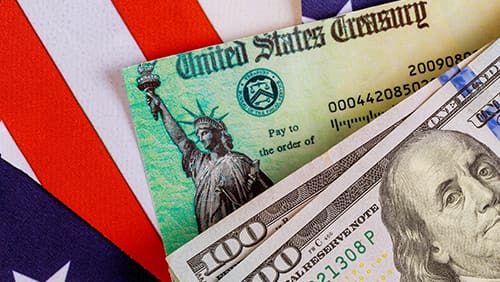New York State is going to miss around $13 billion from its budget because of the coronavirus pandemic, according to some estimates. That’s not a figure easy to recuperate, and the prolonged stoppage of gambling at the state’s four casinos means the venues won’t be able to provide any relief. Casino employees took to the state Capitol yesterday to drive the point home, although, even if casinos began to welcome gamblers starting tomorrow, there would be a long road ahead for the state to be financially stable once again. A New York politician thinks he has the solution, and it’s one he believes would give the state $1 billion before the end of the year. It would only require issuing two casino licenses, but there’s a huge hole in his plan.
New York Senator James Skoufis wants the state to expedite plans to expand its gambling options, which were approved by residents seven years ago. Seven commercial casinos were authorized that year, of which four are already in place in upstate New York. All four are still closed, per Governor Andrew Cuomo’s orders, and authorizing two of the remaining three would provide a much-needed windfall to the state, according to Skoufis.
He explained in a virtual town hall this week, “The proposal would be to accelerate the license to 2020 or early 2021, and so, we would get those two $500 million one-shots: a billion dollars between the two licenses. The casinos themselves, their openings, would not be accelerated. They would still open, as the schedule stands now, in 2023. But we would accelerate the licensing payments that are associated.”
When gambling expansion was approved, New York decided to deposit functioning casinos in the upstate area, putting a moratorium on all other possibilities until 2023. There have been a number of attempts at getting the state to change its mind, and they all have fallen flat. While Skoufis has a solid idea for letting the state capture a significant amount of money, it’s hard to imagine a company willing to fork over $500 million without being able to start earning it back immediately.
